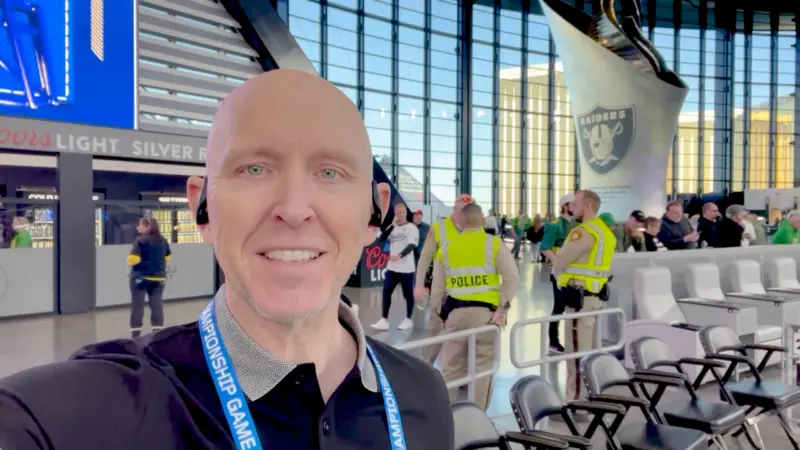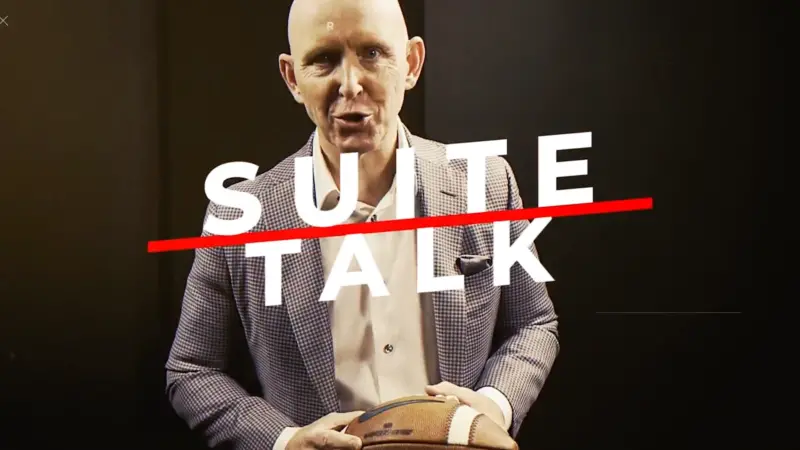Records Were Meant to be Broken: Tennessee Titans to Receive $1.2 Billion in Public Funding for New Stadium
Suite Talk: The Business Behind Sports host, Patrick Rishe, recently commented on the Oakland A’s plan for its franchise move to Las Vegas. Part of that deal includes public funding to supplement the new stadium’s estimated $1.5 billion cost. Topping that news comes the announcement that the Tennessee Titans NFL franchise just closed a new $2.1 Billion stadium deal with a record $1.2 Billion in public funding. The new state-of-the-art facility has a target completion date of 2027.
The Titans and A’s aren’t the only teams receiving public support and funding for new stadiums. “We see that in Buffalo, the Bills receive 850 million dollars from their regional and state governments,” Rishe said. “We also see that in Las Vegas. To lure the Raiders away from Oakland, the state of Nevada gave the Raiders 750 million dollars to help pay for their two-billion-dollar allegiant stadium.”
Is this a new trend in public funding for sports venues?
Rishe said there are plenty of examples of stadiums built in the past few years receiving little to no public funding, including The Chase Center in San Francisco, Citi Park in St. Louis, Sofi Stadium in Los Angeles, and Climate Pledge Arena in Seattle.
So, why support in some regions while less support for funding stadiums in others?
Rishe said a few factors come into play:
● The local and regional political climate
● The relative importance of a particular team’s presence in the local community
● Historical events and how they shape decision-making
“If we look specifically at the Titans and the Bills, we have two teams that are the pride of their mid-sized markets,” Rishe said. “In the case of Tennessee, it is a football state. And in the case of the Bills, they have a longstanding history in Buffalo.”
The Tennessee Titans now hold the public funding record for building a new stadium. For how long? No one knows for sure, but when it comes to sports, if the public wants a team bad enough, support and funding will follow.
Article written by James Kent




